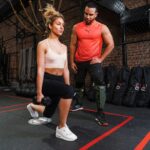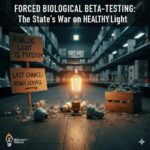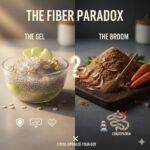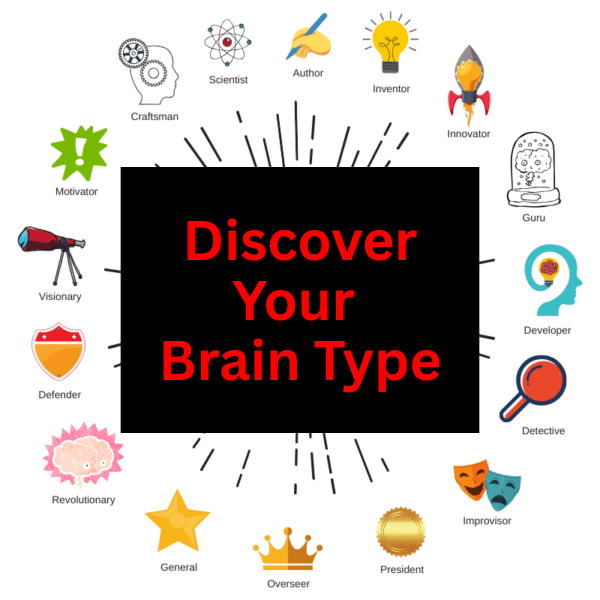 Are you a skeptic, when it comes to things you hear about your health?
Are you a skeptic, when it comes to things you hear about your health?
If you’re not, it can kill you. Especially in today’s time of viruses and vaccines.
Your life literally depends on being skeptical about what you hear and read. That means everything and everyone. Including this post and me.
Some people don’t want to be a skeptic because they equate skepticism with pessimism, but they are certainly not the same thing. I am, what my friends call me, a “hopeless optimist,” but I am also a severe skeptic.
Most people, however, are the other way. They are non-skeptics, and believe the “experts” on bind faith because after all, they are the experts, right?
There are three types of non-skeptics out there: Those who are ignorant, biased, or gullible.
Did I offend you with that categorization? If I did, you are probably a non-skeptic. And you’re in the majority. And that’s too bad because you will be following the mass media most of the time, as they quote their “experts,” who have the “facts” and all the “data” to back up their “science” that reinforces their agenda.
Ignorant non-skeptics are people who don’t know what they don’t know and don’t want to know more – kind of like a stubborn toddler, for instance.
Biased non-skeptics already have their mind made up and listen only to the stories and “experts” who reinforce their opinion.
Gullible non-skeptics are people who believe everything they hear because they are either too trusting, or they don’t want to spend the time and effort of finding their own truth.
Read on if you want to learn more about making good decisions for your health through criticism and skepticism.
Or stop here if you are offended and want to keep your head in the sand.
OK, now that we’ve filtered out the people who can’t be helped, let’s dive into this, starting with the scientific method, which was born hundreds of years ago, based in criticism, as a way of proving or disproving a theory.
The scientific method is a time-tested process to answer a specific question through reliable results. https://en.wikipedia.org/wiki/Scientific_method
These are the seven steps of the scientific method:
1. Make an observation.
2. Ask a question.
3. Conduct background research (i.e. find out what has been discovered so far).
4. Propose a hypothesis for your experiment.
5. Run the experiment (see design types below).
6. Observations and analysis of the data.
7. Results, conclusions, admitted limitations, and recommendations to other scientists for further study.
In a properly designed study, scientists are independent and objective, with no agenda or conflicts of interest (especially involving any type of reward for certain results).
All studies should be published to the public, regardless of the outcome, with no studies buried or censored (boy, I wish this one was followed).
All studies must be peer-reviewed for validity and reliability, by other objective scientists. This ranges from opinions about the accuracy of the study (AKA internal and external validity), to repeated experiments by other objective non-biased scientists, yielding similar results, conclusions, and statistically significant correlations (AKA reliability).
Confused? I don’t blame you. It took me several years to get good at this and to stop getting sucked in by all the bogus studies and reports (especially from the mass-media). So here is a shortcut I’ve created for you below.
Just ask yourself these seven questions when you see a “study” reported from any source:
1. Why was the study done?
2. Who conducted it?
3. Who funded it?
4. Is the data quantitative or qualitative and how was it collected?
5. Is the sample size sufficient and correlative to your population?
6. Was there a proper control group and experimental group?
7. What type of study is it, from the choices below?
- Randomized controlled trial (RCT)
- Cohort study
- Case-controlled study
- Cross-sectional study
If you want a deeper dive, see the more comprehensive list here: https://research.library.gsu.edu/c.php?g=115595&p=755213
SPOILER ALERT: Of the four types of studies above, only well-designed, unbiased RCTs have any hope of ending up as actual science because they are the only type of study which can answer all 7 questions listed. Nothing else counts as science. Period.
Now you know how to better decide for yourself who to believe.
There are lots of politicians and health “experts” right now making decisions for you based on “science.” Most of it (maybe all) is definitely NOT science.
They really need to stop using that word.
They either have no idea what science is, or they are outright lying to you. Either way, it’s not good, and they shouldn’t be a leader. You can change that with your vote.
Over 90% of the time when people, authorities, and media use the word “science,” they are referencing correlations outside of an RCT. Correlations are usually the opposite of science and can easily be manipulated to promote an agenda. The only thing correlation “studies” are good for is to help create a hypothesis for an actual study. Most reporters and bad “scientists” use correlation studies as “facts” to back up their biased agendas.
Most of their correlations aren’t even from observational studies. They usually just come from data, and as I said previously, they are either ignorant or liars. And there are a lot on both sides of that coin – especially now. They are looking at the “data” to create “correlations” which confirm their already established bias, then calling it “science,” in order to snow people into believing their claims, even when it involves public policy decisions about mandates and requirements for citizens. Yes, they are that sick and wrong.
To see how correlations from data work, go to this web page for a chuckle: https://www.tylervigen.com/spurious-correlations
Here’s one sample of what you will see there, using real data from the USDA and the CDC, “proving” that the more cheese you eat, the higher your chances of dying from becoming tangled in your bedsheets:

Over 99% of the time when people use the words “data” and “facts,” they are also not referring to science unless they can cite some legitimate RCTs to back up their claim.
Besides, most of the “data” and “facts” right now are such a joke, it’s truly laughable. See my post here for more on that.
Heck, here’s some “data” below, straight from the Washington State Department of Health. If this one doesn’t make you go “hmmmm,” then nothing will.
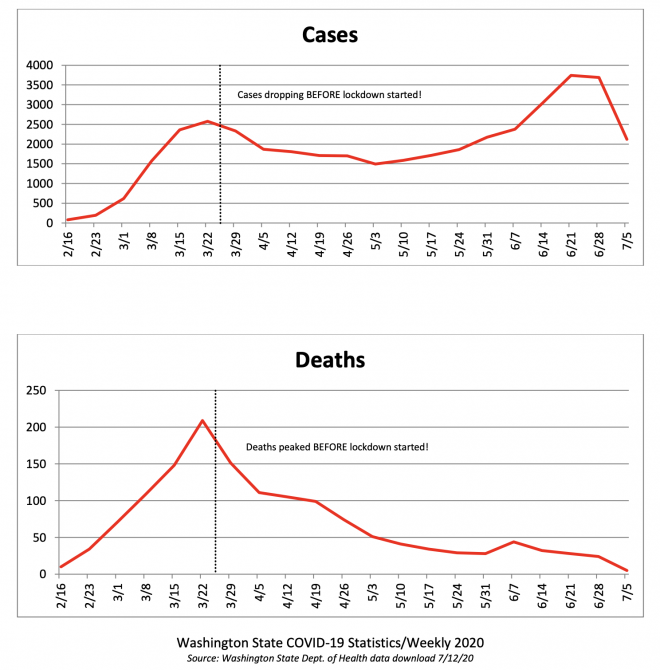
We’re not alone on this either, here in the USA. Just click here to see how misguided the rest of the world is on the current “data” and variation of “plans” based on that “data.”
For a good laugh on what real/fake science is (and a GREAT explanation), check out this video: https://www.youtube.com/watch?v=y1RXvBveht0
And if you’re still confused (and I don’t blame you), here is a nice, short, easy to understand video on the scientific method: https://www.youtube.com/watch?v=SMGRe824kak
As I’ve said many times: Question everything. Believe no one. Do your own research. Think for yourself. It’s not illegal yet!
Your liberty, your personal choices about your health, and your LIFE depends on it now more than ever!
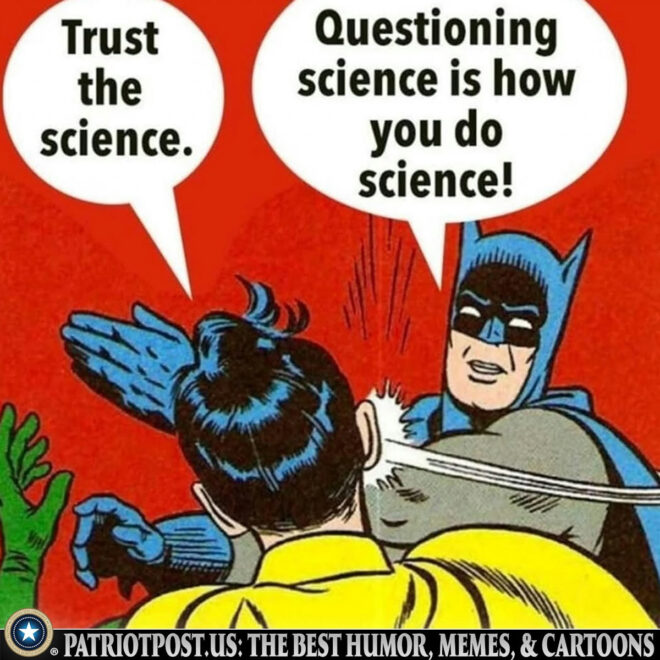
question science

